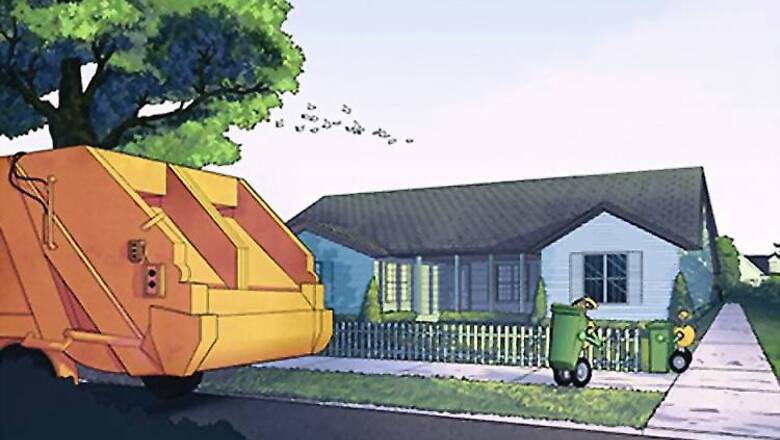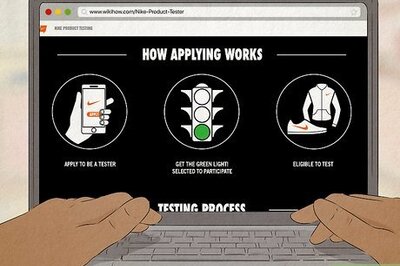
views
Don't ROAR with laughter or write the idea off as rubbish: Swedish carmaker Volvo is building a robot smart enough to autonomously empty trash cans, and the project, announced Wednesday, could go into testing as soon as next summer.
ROAR is short for Robot-based Autonomous Refuse handling and is a joint project being developed in partnership with Chalmers University of Technology and Mälardalen University in Sweden, Penn State University in the United States, and the waste recycling company Renova.
Volvo says that the project should be seen as a smart transport project and one that's equally focused on protecting refuse collectors' spinal columns as it is on bringing robots one step closer to your neighborhood.
"Within Volvo Group we foresee a future with more automation," says Per-Lage Götvall, project leader for the Volvo Group. "This project provides a way to stretch the imagination and test new concepts to shape transport solutions for tomorrow."
The ultimate goal is to create a robot that can quietly and respectfully enter a person's yard, collect their refuse, empty it into the rear of a garbage truck and then return the empty trash can without waking the neighbors.
Achieving this aim is as much about developing an operating system for the connected refuse truck that can communicate with the robot while its human driver also keeps a watchful eye over proceedings.
"It is exciting that we are combining advanced research with our training in robotics," said Mikael Ekström, project leader at Mälardalens University, which will be designing the robot itself. "Many students will work on this project, and it is a huge opportunity for them to learn both the technology and how to work in teams and in a real industrial context."
But as well as an industrial context, the project, expected to get its first formal demonstration as soon as June 2016, also addresses social context. As we move further into the future, we are moving closer to automated systems and to robotic colleagues and therefore greater interaction with both. "This project promises great opportunities for our students to not only engage with a cutting-edge vehicle project, but also to help define how society will interact daily with robotic systems," said Sean Brennan, lead of the Penn State team.




















Comments
0 comment